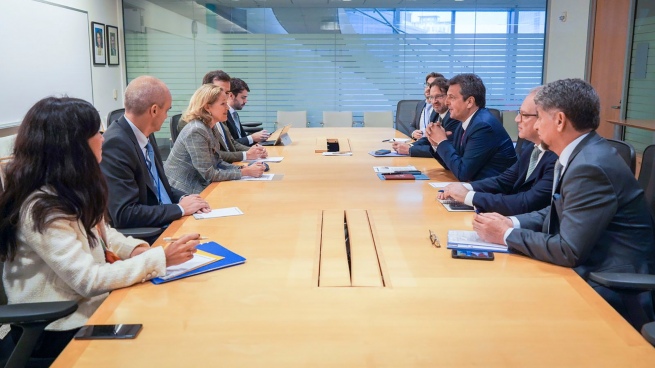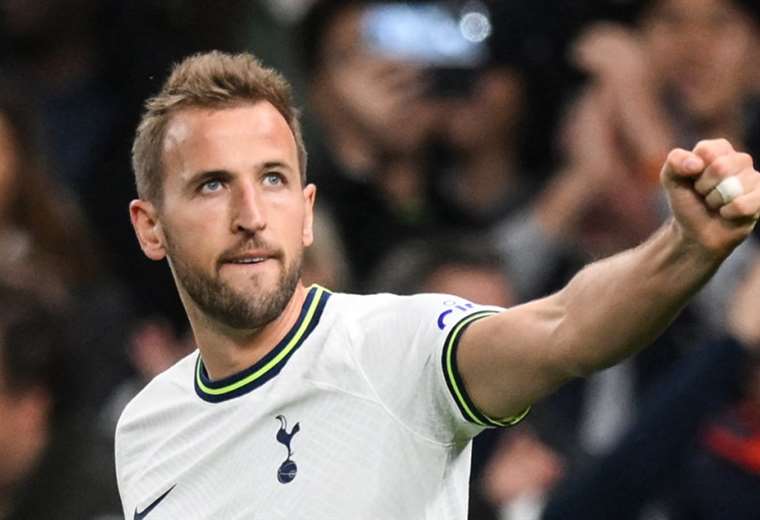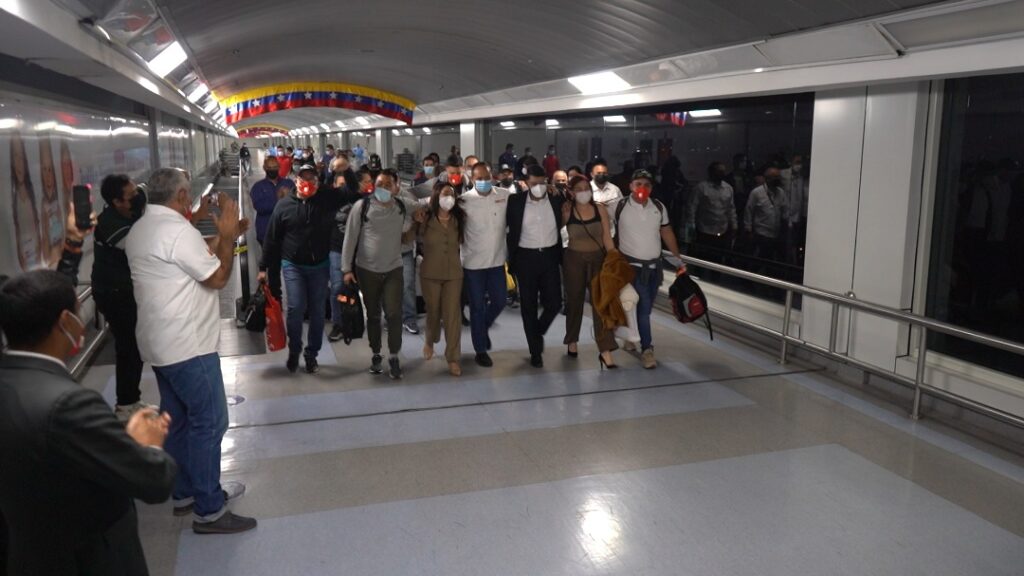During his visit to Washington, the Minister of Economy, Sergio Massa, harvested new fresh funds from the Inter-American Development Bank (IDB), managed to seal a principle of agreement with the Paris Club, sought consensus so that Latin America regains the presidency of the IDB, and raised before the IMF and the G20 the need for greater action on the part of the central countries to offset the costs of the war in Ukraine for the countries with credits from the organizations.
That was the balance left by his passage through first time in an Annual Assembly of the IMF and the World Banka new world for the politician – of economists and finance ministers – and who, despite this, quickly saw the opportunity to use multilateralism in the context of war and the fragmentation of world trade, in favor of the interests of Argentina.
“I am new to this, I am learning how to move,” said Massa among his intimates regarding his participation in the G20 and the Monetary-Financial Committee of the IMF and Development of the World Bank and, however, dared to advance with a proposal to change the computation as spending or fiscal deficit, of the counterpart of the loans that Argentina must get to receive funds for investment projects from the IDB and the World Bank.
In this sense, Massa, who undertook the return to Buenos Aires on Friday night, did not miss an opportunity and barely came across the heads of the World Bank, David Malpass, and the IMF, Kristalina Georgieva, he blurted out to both of them: How can Could it be that, on the one hand, the World Bank forces you -in order to grant the loans- to allocate funds for, for example, the Progresar Plan or an investment in infrastructure, and then the IMF computes that amount as an expense that adds to the fiscal deficit?

This apparent contradiction was also raised by Massa in the IDB forum and would have been taken into account by Georgieva and other members of the G20, and it is expected that it will have some echo during the next Summit of presidents in Bali (Indonesia), advanced a member of the official team.
Sources consulted by Télam expressed that the IMF, if it advanced in some initiative of the kind, would turn to seek a multilateral solution and one at the bilateral level, so as not to limit the discussion only to the Argentine case, although the times of the organisms tend to be more slow.
According to global forecasts released in the WEO (World Economic Outlook), there will be a sharp slowdown and at least a third of the countries will enter a recession and an emerging country debt crisis is comingas the aftermath of “the three shocks in a row” that the world suffered: the pandemic, the global fragmentation of trade and the war in Ukraine with the soaring of world prices and generalized inflation.
“It is time for the Fund and the rest of the G20 countries (and therefore also the IMF) to decide what measures they will take and how they will pay the countries that take credit from the organizations”Serge Massa
“It is time for the Fund and the rest of the G20 countries (and therefore also the IMF) to decide what measures they will take and how they will pay the countries that take credit from the organizations,” Massa said in a talk with journalists.
He then explained that “The war in Ukraine cost Argentina some US$4.9 billion”between reserves and fiscal deficit, two of the three required goals of the IMF.
The agreement with the Fund was sealed last March and the goals agreed with the Fund were not modified, and “Argentina recognized efforts to meet them,” as Massa stressed in his speech at the Inter-American Development Bank.
Regarding the IDB, Massa achieved, on the one hand, the signing of the US$ 700 million that will go on to increase reserves; and on the other, it received confirmation on Friday afternoon that the staff of this organization approved the technical report so that the board of directors deals with the US$ 500 million that were pending.

These US$500 million would arrive before the end of the month, when the IDB board will sit down at the table again to discuss a new loan for the country.
The provisional head of this organization, Irene Mejías Chacón, promised before Massa to accelerate the treatment, before the end of her interim mandate.
Regarding the presidency of the IDB, the Argentine position is to take advantage of the recent dismissal of the American Maurico Claver Carone so that the Southern Cone region and Mexico recover the historical leadership of the entity, something that was lost after the arrival of Donald Trump to the presidency of the United States.
Massa does not necessarily want the candidate to be Argentine, but he announced that he will support a regional one, prior consensus on the infrastructure plans for the region, and the bank’s greater capitalization, among other points, said the journalists who followed him in the US capital.
Among its allies you can find Chile, Brazil and Mexico, and the bilateral ones had this objective in part. With the Brazilian Minister of Economy, Paulo Guedes, there are strong common interests in infrastructure and transnational projects for a future export of Argentine gas to the neighboring country, once the works of the new gas pipelines are completed.

The energy crisis encouraged the countries of the region to think that most of the food and energy resources are found in the American continent, and that commercial fragmentation and rising prices should not affect them if they unite and impose prices , forming a kind of regional OPEC, although none of that has materialized yet.
Regarding the Paris Club, Massa pointed out in Washington that “the agreement is almost closed”and at the end of the month he will travel to reformulate the new conditions for the debt of some US$ 2,400 million, which pay an annual interest rate of 9% and which Argentina aspires to lower, in addition to reducing the terms.
















